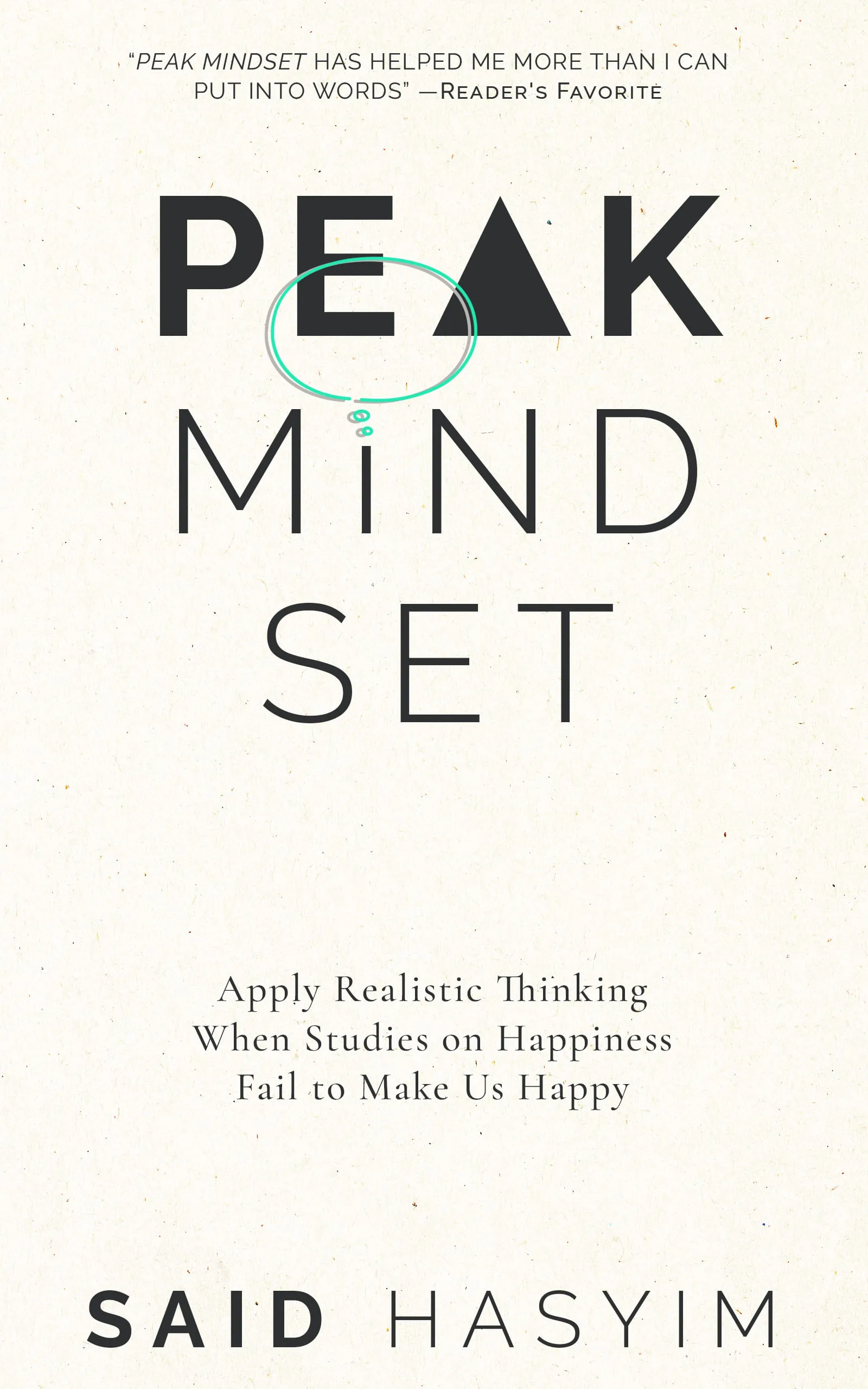The Impact of Realism on Life Satisfaction
Life satisfaction is a complex and subjective measure influenced by numerous factors, including personal expectations, cultural beliefs, and psychological resilience. Among these, the philosophical concept of realism plays an understated yet significant role. Realism, in this context, refers to an acceptance of life as it is, grounded in a pragmatic view that emphasizes factual and objective assessment of situations. This blog post delves into how realism can positively impact life satisfaction by minimizing disillusionment, fostering acceptance, and encouraging proactive problem-solving.
Understanding Realism
Realism, in philosophical terms, is the doctrine that things exist independently of our perception of them. In essence, it promotes the idea that we should accept the world as it is, including its adversities and challenges. This is crucial in overcoming the disconnect between expectations and reality. Many individuals may find themselves struggling with a sense of dissatisfaction due to unrealistic aspirations or an idealized notion of life that fails to align with the everyday grind. Realism serves as a counterbalance to such inflated expectations.
Realism vs. Idealism
While idealism provides a motivational framework, urging people to strive for their dreams, it can also lead to disappointment when those dreams clash with reality. By fostering overly high expectations, individuals may suffer feelings of inadequacy when they inevitably fall short. In contrast, realism advocates for a more level-headed approach—one that emphasizes understanding life’s limitations while still pursuing goals within achievable parameters.
Acceptance: The Key to Peace
One of the most significant contributions of realism to life satisfaction is its role in fostering acceptance. Acceptance does not imply resignation; rather, it represents a conscious choice to acknowledge and embrace life’s imperfections and challenges. This acceptance leads to several important benefits:
Reduced Anxiety and Stress
By accepting reality, individuals can reduce the cognitive dissonance that often accompanies unmet expectations. When one faces life with a realistic lens, they are less likely to experience anxiety about what they cannot control. By recognizing the limitations and unpredictabilities of life, people can focus their energy on what they can influence, thereby alleviating stress and anxiety.
Greater Resilience
Life is fraught with unexpected challenges, from personal setbacks to professional disappointments. A realistic outlook equips individuals with the strength to confront and navigate these obstacles effectively. By acknowledging that difficulties are a part of the human experience, individuals are more likely to bounce back when faced with adversity, thereby enhancing their overall life satisfaction.
Focus on Problem-Solving
Realism encourages a problem-solving mentality. When faced with challenges, a realist is more likely to seek practical solutions rather than getting bogged down by emotional upheaval or unproductive lamenting. This proactive approach has several key advantages:
Implementation of Effective Strategies
Adopting a realistic perspective allows individuals to assess their situations critically. When a person evaluates their circumstances without the clouding influence of unrealistic expectations, they can devise more effective strategies to tackle their issues. Whether it’s managing finances, improving relationships, or pursuing career advancements, realism lays the groundwork for actionable solutions.
Increased Motivation
Realism fosters a sense of authenticity in one’s pursuits. Instead of chasing after fantastical ideals that may be unattainable, individuals can cultivate personal goals that are ambitiously realistic. This grounded approach can enhance motivation, as individuals can see their progress and achievements, however small they may be. Seeing the tangible results of one’s efforts can significantly boost life satisfaction.
Cultivating Realism in Daily Life
While realism has numerous benefits, it’s not always easy to integrate into everyday life. Here are some strategies to cultivate a more realistic perspective:
Mindfulness Practices
Mindfulness encourages individuals to be present and aware of their current experiences without judgment. Practicing mindfulness can help cultivate a realistic view of life. It allows individuals to embrace their feelings and perceptions, fostering an understanding that life exists in shades of gray rather than definitive highs and lows.
Setting Achievable Goals
To avoid striving for unrealistic aspirations, focus on setting specific, measurable, attainable, relevant, and time-bound (SMART) goals. By breaking down larger ambitions into smaller, more manageable tasks, individuals can appreciate their progress and celebrate small wins, enhancing overall life satisfaction.
Seeking Support
Engaging in open conversations with friends, family, or a mental health professional can help foster a more realistic outlook. Sharing thoughts and feelings can provide valuable perspectives and insights into the shared human experience, mitigating feelings of isolation in individual struggles.
Conclusion
The impact of realism on life satisfaction is profound and multifaceted, offering individuals a pathway to navigate the complexities of life with pragmatism and resilience. By embracing reality, individuals can cultivate acceptance, enhance their problem-solving capabilities, and achieve more satisfactory outcomes in their lives. While it may be tempting to cling to idealized visions of a perfect life, it is often in the acceptance of life’s imperfections that true contentment resides. By fostering a realistic perspective, individuals can enhance their mental well-being and cultivate a more fulfilling and satisfied existence.
Leverage Your Mindset for a Fulfilling Life
Explore Peak Mindset, a book to leveraging your subconscious for a more fulfilling life. Gain insights into realistic thinking, money management, and stress resilience to make informed decisions. Discover pitfalls in conventional happiness advice and practical strategies for self-transformation. Unlock your potential and enhance your overall satisfaction.
